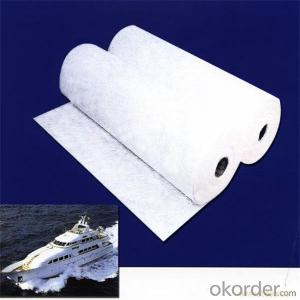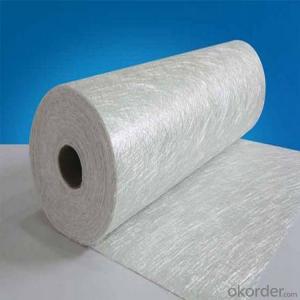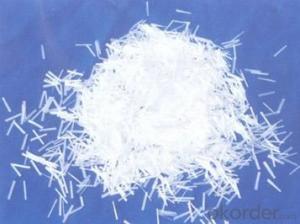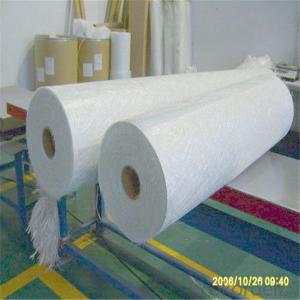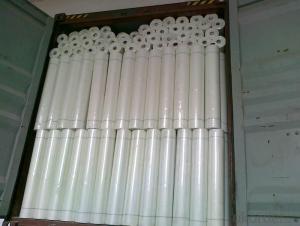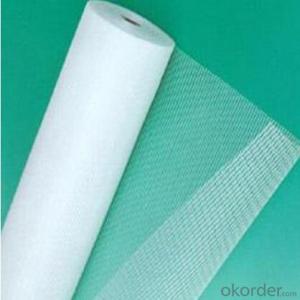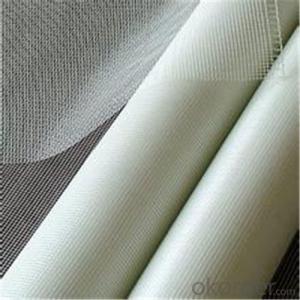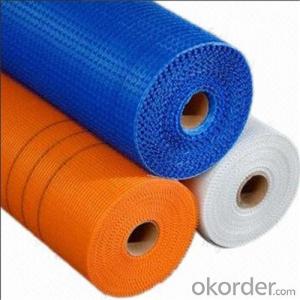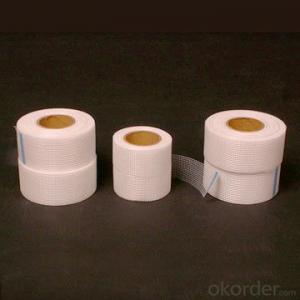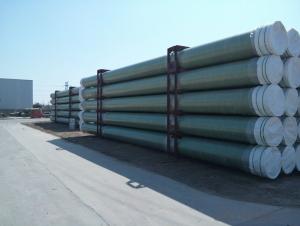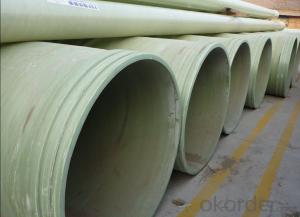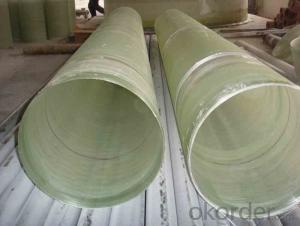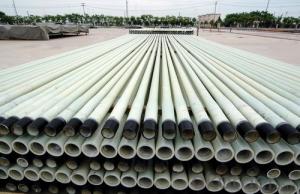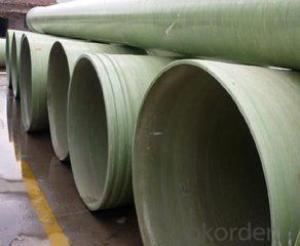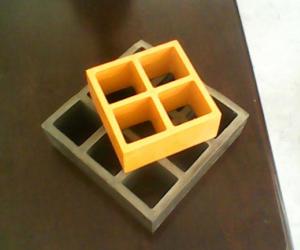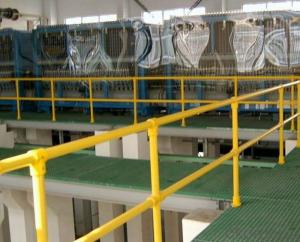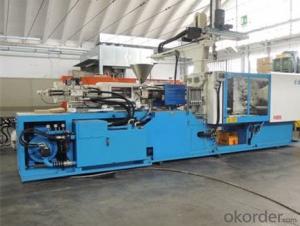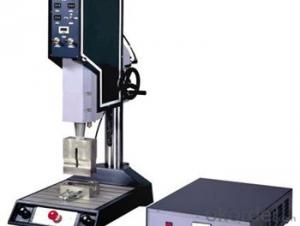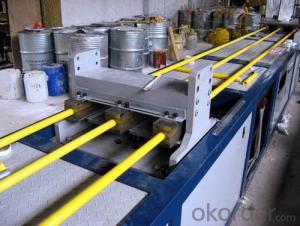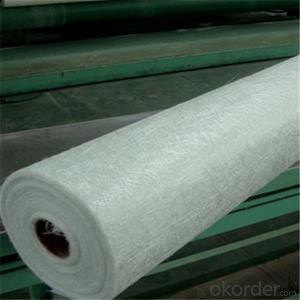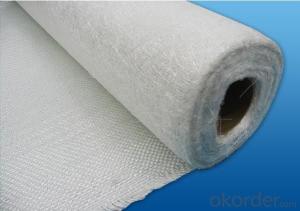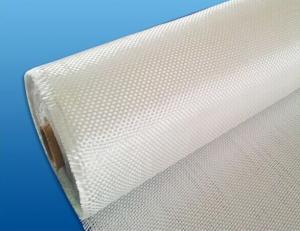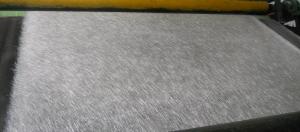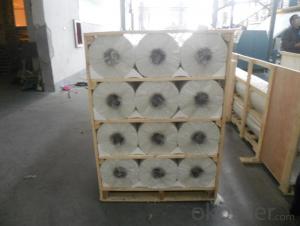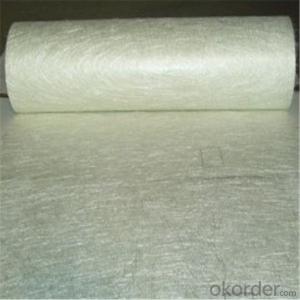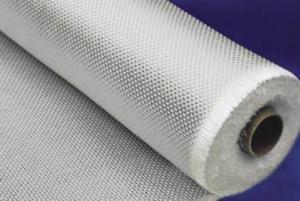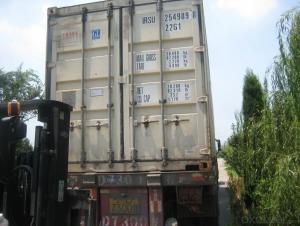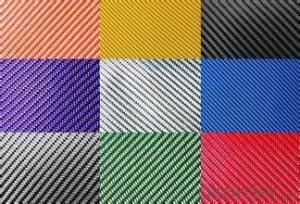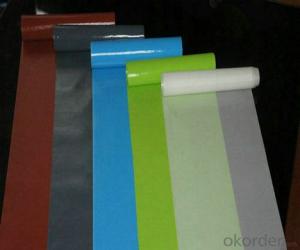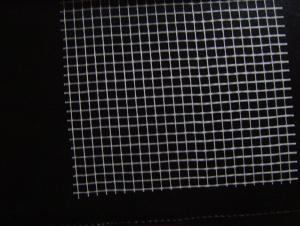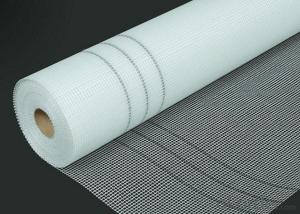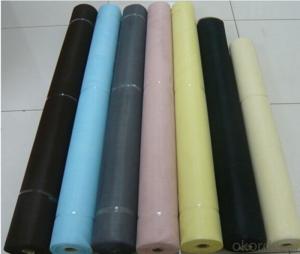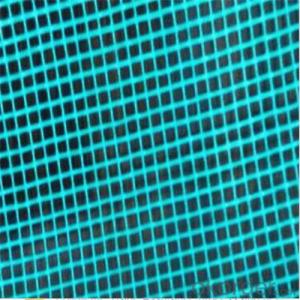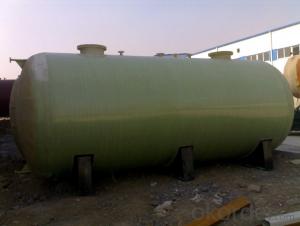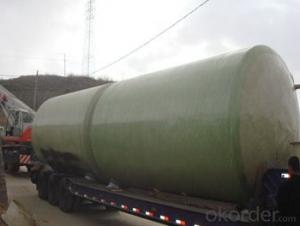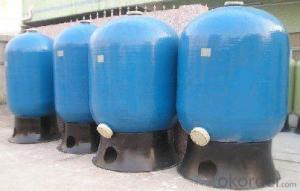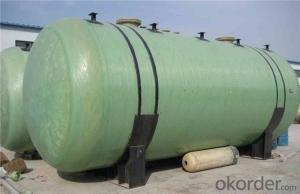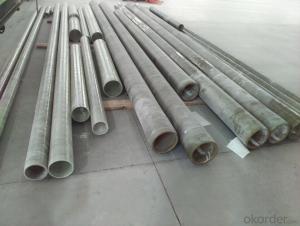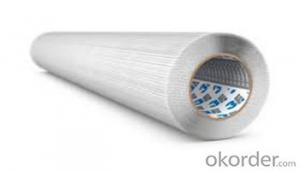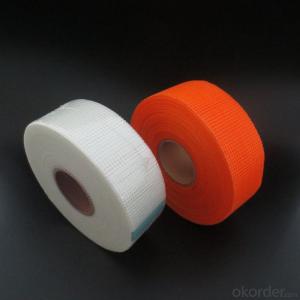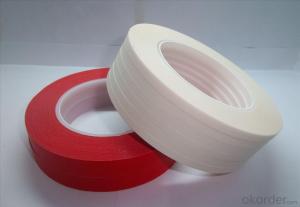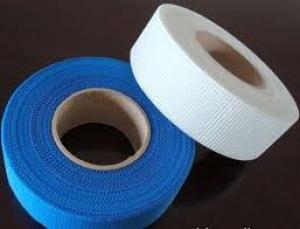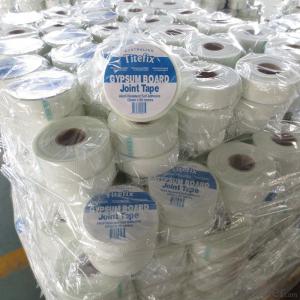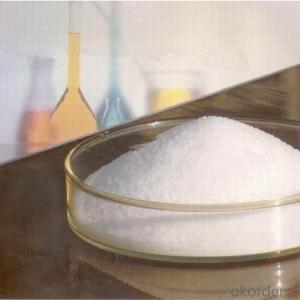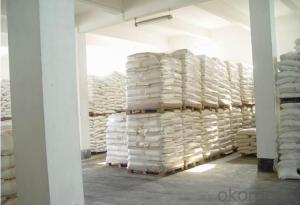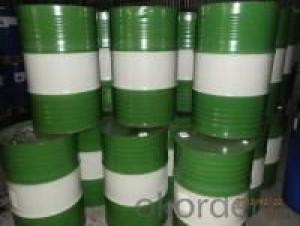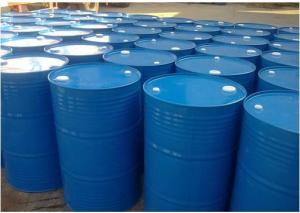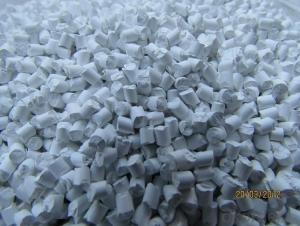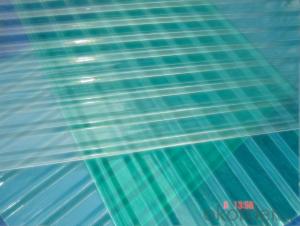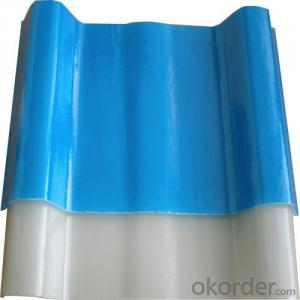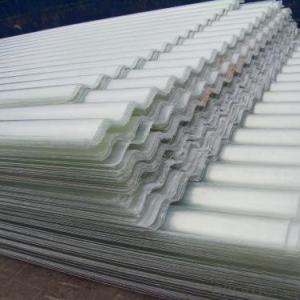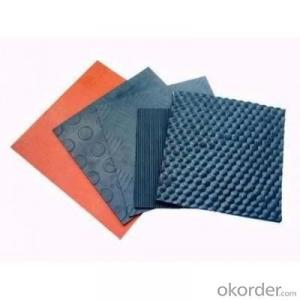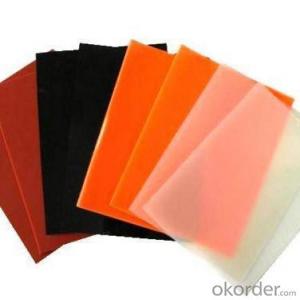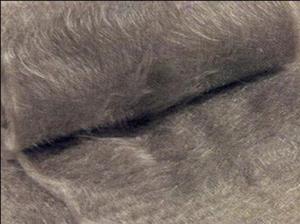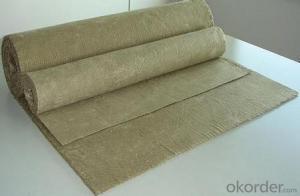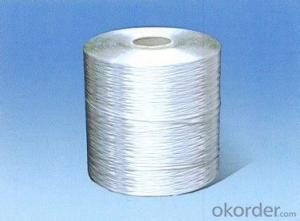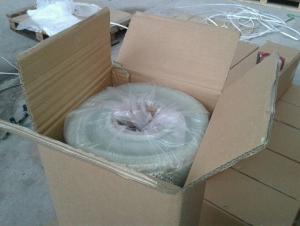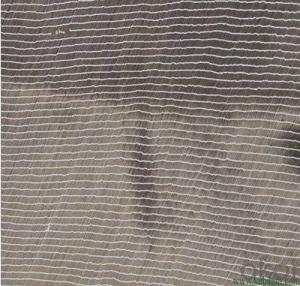All Categories
- - Steel Wire Rod
- - Steel Coils
- - Steel Profiles
- - Steel Pipes
- - Stainless Steel
- - Tinplate
- - Special Steel
- - Steel Sheets
- - Steel Rebars
- - Steel Strips
- - Hot Rolled Steel
- - Cold Rolled Steel
- - Pre-painted Steel
- - Seamless Steel Pipe
- - Welded Steel Pipe
- - Hollow Steel Tubes
- - Galvanized Pipe
- - Stainless Steel Coil
- - Stainless Steel Sheet
- - Stainless Steel Plate
- - Stainless Steel Strips
- - Electrolytic Tinplate Coil
- - Electrolytic Tinplate Sheet
- - Stainless Steel Rebars
- - Solar Panels
- - Solar Water Heater
- - Solar Related Products
- - Solar Inverter
- - Solar Cells
- - Solar Light
- - Solar Energy Systems
- - Solar Controllers
- - Solar Mounting System
- - Solar Pump
- - Solar Chargers
- - Fiberglass Chopped Strand
- - Fiberglass Mesh Cloth
- - Composite Pipes
- - FRP Pultrusion Profiles
- - Fiberglass Mat Tissue
- - Fiberglass Fabrics
- - Fiberglass Mesh
- - Composite Tank
- - Fiberglass Mesh tape
- - Polymer
- - FRP Roofing Panel
- - Fiberglass Roving
- - Monolithic Refractories
- - Ceramic Fiber Products
- - Refractory Bricks
- - Raw Materials For Refractory
- - Suspended Platform
- - Cranes
- - Concrete Machinery
- - Earthmoving Machinery
- - Building Hoist
- - Road Building Machinery
- - Plastic Pipe Fittings
- - Plastic Tubes
- - Plastic Sheets
- - Agricultural Plastic Products
- - Plastic Nets
 All Categories
All Categories
Fiberglass Chopped StrandView More
Fiberglass Mesh ClothView More
Composite PipesView More
FRP Pultrusion ProfilesView More
Fiberglass Mat TissueView More
Fiberglass FabricsView More
Fiberglass MeshView More
Composite TankView More
Fiberglass Mesh tapeView More
PolymerView More
FRP Roofing PanelView More
Fiberglass RovingView More
Q & A
What are some common maintenance requirements for fiberglass products?
Some common maintenance requirements for fiberglass products include regular cleaning, avoiding abrasive cleaners or tools that can damage the surface, inspecting for any cracks or damage, and applying a protective coating or wax to maintain the shine and protect against UV rays.
Is fiberglass resistant to radiation?
Yes, fiberglass is generally resistant to radiation.
What are the advantages of using fiberglass insulation over other types of insulation?
There are several advantages of using fiberglass insulation over other types of insulation. Firstly, fiberglass insulation is highly effective in providing thermal insulation, which helps to reduce energy consumption and lower heating and cooling costs. Secondly, fiberglass insulation is non-combustible, making it a safer option compared to other types of insulation materials. Additionally, it is resistant to mold, mildew, and pests, ensuring a healthier indoor environment. Furthermore, fiberglass insulation is easy to install and does not require any special tools or equipment. Lastly, fiberglass insulation has a longer lifespan and does not deteriorate over time, offering long-term savings and efficiency.
What are the safety precautions to be taken while working with fiberglass?
When working with fiberglass, it is important to take several safety precautions to protect yourself. Some key precautions include wearing protective clothing such as gloves, safety goggles, and a respirator to prevent contact with the skin, eyes, and inhalation of fiberglass particles. It is also recommended to work in a well-ventilated area or use a dust collection system to minimize exposure to airborne fibers. Additionally, it is crucial to handle fiberglass materials with care to avoid cuts or punctures, as well as to properly dispose of any waste or debris generated during the process.
Can fiberglass supply be used for roofing applications?
Yes, fiberglass supply can be used for roofing applications. Fiberglass shingles or sheets are commonly used in roofing to provide durability, insulation, and protection against weather elements.
Wholesale Fiberglass Supply from supplier in Ecuador
We are a Fiberglass Supply supplier serving the Ecuador, mainly engaged in the sale, quotation, and technical support services of various Fiberglass Supply products in the Ecuador region. We are a subsidiary platform of the Fortune Global 500 company CNBM, able to provide you with one-stop Fiberglass Supply procurement services in the Ecuador. Not only do we have a wide range of Fiberglass Supply products, but after years of market development in the Ecuador, we can also provide valuable experience for your projects.
Hot Search
- Fiberglass Chopped Strand in Eritrea
- Fiberglass Mesh Cloth in Rwanda
- Composite Pipes in Fiji
- FRP Pultrusion Profiles in Azerbaijan
- Fiberglass Mat Tissue in Israel
- Fiberglass Fabrics in Madagascar
- Fiberglass Mesh in Honduras
- Composite Tank in Turkmenistan
- Fiberglass Mesh tape in Angola
- Polymer in Colombia
